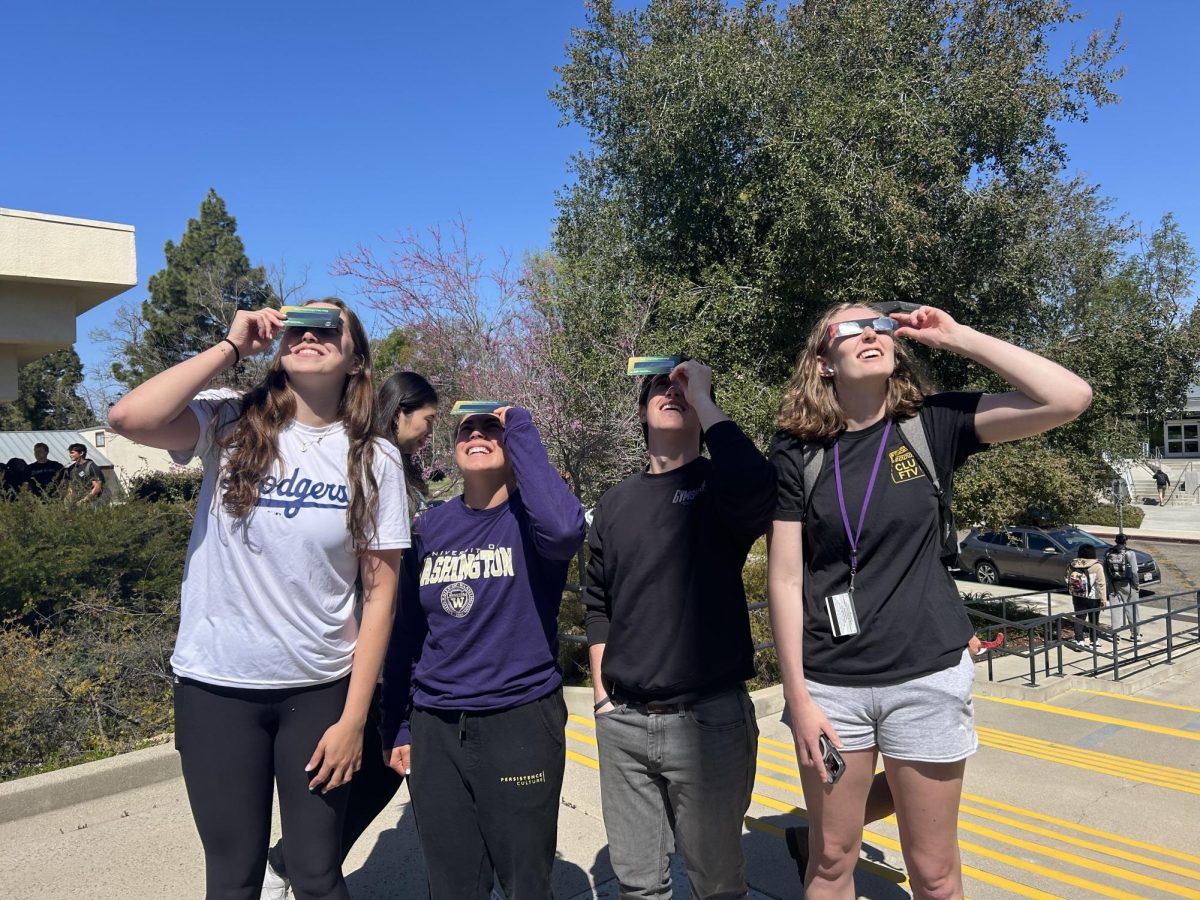The Department of Languages and Culture at California Lutheran University kicked off this year with its International Film Festival on Oct. 7, welcoming students and the community with a viewing of the Spanish film, “Tambien La Lluvia.”
The film is about a director and his crew who shoot a controversial film about Christopher Columbus in Cochabamba, Bolivia where local people rise up against a San Francisco water company’s plans to privatize the water supply according to www.imdb.com
It was not until three years ago that the film festival progressed from only showing French films to showing a broad range of multicultural films with the help of Sheridan Wigginton, professor and chair of the Department of Languages and Culture.
“We were looking for ways once the individual language departments merged into one languages and culture department,” Wigginton said. “When I first got here we thought it would be a good idea to expand that idea of the film festival to be a multicultural film festival for the entire course of the year.”
The Department of Languages and Culture chose the first movie to be Spanish or Latin American in order to coincide with Hispanic heritage month in October.
Assistant professor of Spanish Rafaela Fiore Urizar chose this film to focus on the indigenous aspect of Spanish and Latin American countries.
“I like the idea of including some indigenous languages into our films to show also the richness of the Latin American culture, not only our heritage from Spain,” Fiore said.
Fiore wanted to start discussion and bring awareness of issues today that could relate to the students and the community. The two main issues she stressed were the water shortage in California and the treatment of people.
“I think this is a problem that goes beyond a small little town in the middle of Bolivia,” Fiore said. “It is a problem that affects all of us, not just the water but how we treat others, how do we take advantage or not of the suffering of others.”
Wigginton said Cal Lutheran is in an area that has an interest in a lot of the topics that come up in the film.
“We certainly know that people want [to] go out for the evening and [enjoy] some entertainment. But it’s sponsored by a university,” Wigginton said. “We want to make sure that there’s some thoughtfulness to the experience that helps people think about ideas in different ways, to hear about ideas they probably haven’t thought of.”
Fiore and Wigginton wanted the students and the community to discuss the topics mentioned in the film once the movie finished.
“I was unsure if I would be able to connect with characters and themes, especially since the film was in Spanish, but it really encompassed universal issues that anyone could relate to,” said sophomore Kirby Sigler, who attended the event, in an email interview. “The movie played on the audience’s morality and humanity in multiple ways through the connection of the people in Bolivia and the Native Americans of the past.”
Sigler said she could also relate to the issue about the drought and water conservation as it is pertinent to those who live in California.
“It was also a wake-up call about how much we take for granted that other countries have to fight for every day. At one point in the film one of the main characters, Daniel, a man from Bolivia, said ‘water is life,’ in Spanish of course,” Sigler said.
The Department of Languages and Culture uses the International Film Festival as a way to link language and culture together and show how they’re inherently linked together.
“You can’t study language without culture, and you can’t really deeply engage with the culture unless you have some facility with the language,” Wigginton said.
Kristen Cueva
Staff Writer
Published October 14th, 2015






